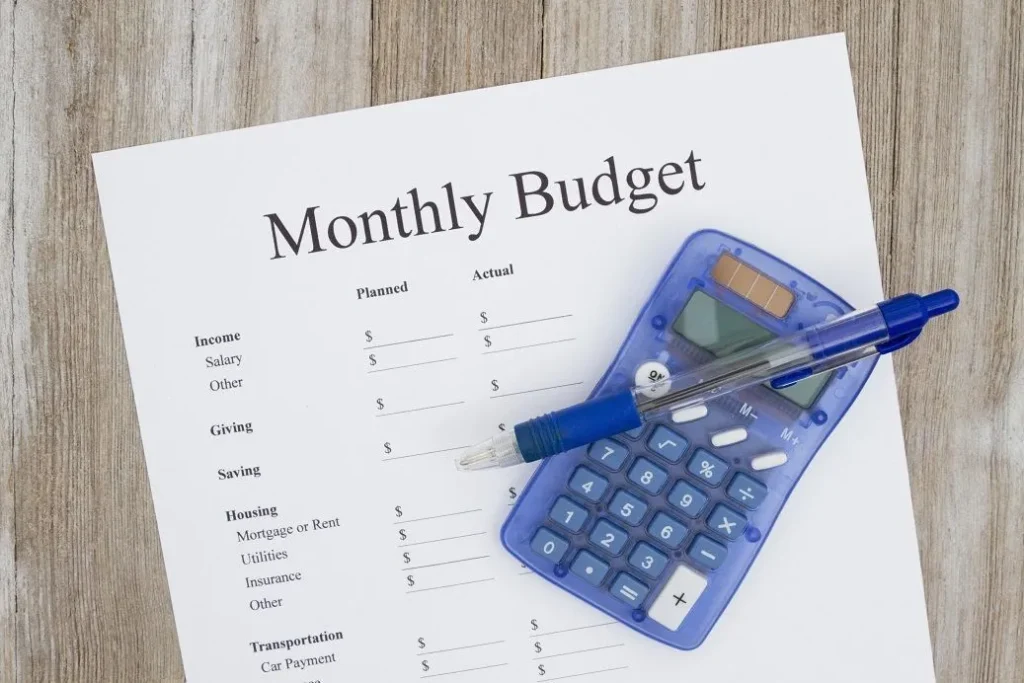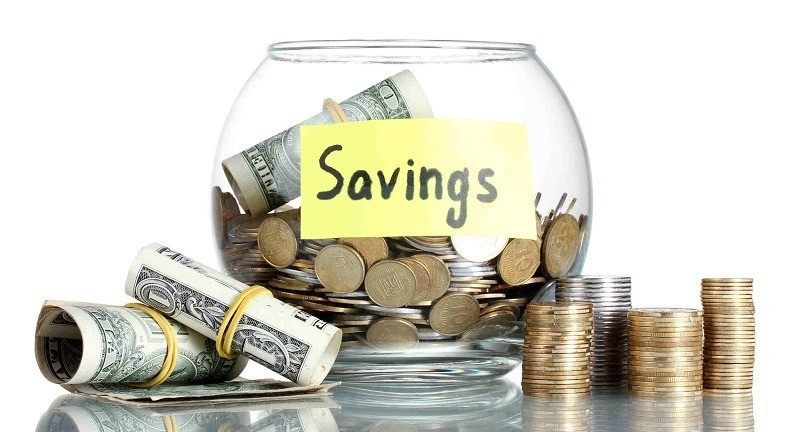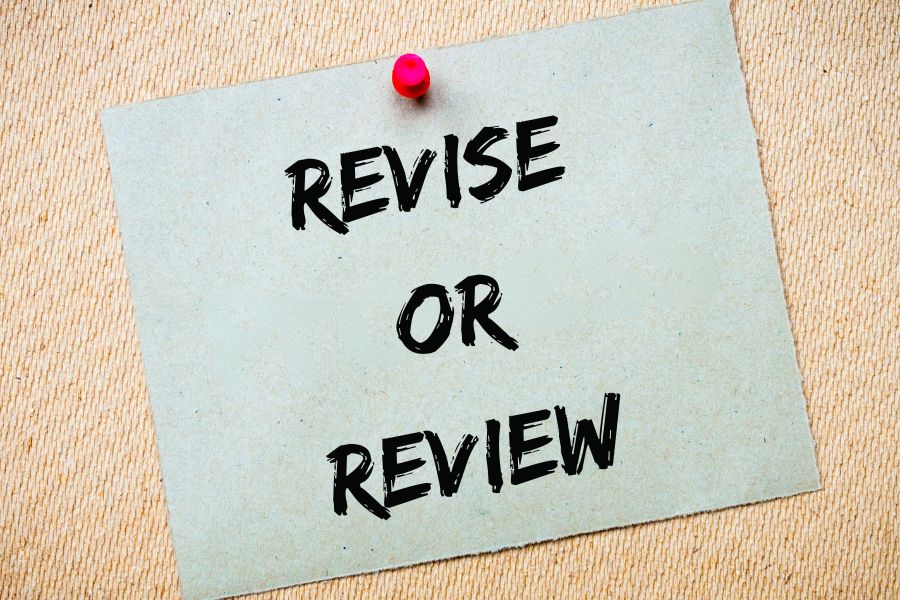You probably know you need a budget. It’s the only way to manage your expenses and ensure you have the money you need when you need it. However, creating a budget can be daunting. You may not know where to start or be worried about how much you spend. It can be scary to see how much more you spend than you earn. However, creating a budget, as outlined in this guide to personal budgeting, is a great way to start sorting out your finances, dedicate money to saving for the future, and generally feel more in control of your life.
Budget Summary: A Complete Guide to Personal Budgeting

A budget is simply a record of all your income and your projected spending.
By following several simple steps you can create a budget and make sure you can meet all your current financial needs.
You’ll be able to identify how much you have left to spend on essentials and luxury items and eventually create financial independence.
Monthly Bills
The next step is to look at all your monthly bills. This includes obvious items such as rent or mortgage, and less obvious, such as subscriptions. You’ll find it easiest to go through several bank statements, this will allow you to list and double-check all your expenses. Once you have a list you can review what you are spending money on to decide if it is really worthwhile. For example, have you got a gym subscription but never go to the gym? Cancel any subscription you’re not using or can go without.
Income First: Key Steps in the Guide to Personal Budgeting

The first step in creating an effective budget is to list all your income sources and how much you get per month. If you’re employed and have just one job this will be very straightforward.
It’s just as easy if you have multiple jobs. Make sure you take off any student loan repayments and pension contributions.
However, if you’re self-employed or work variable hours you’ll need to look at your average earnings over a year or more and then work out a realistic monthly average. It’s always best to err on the side of caution, if your income is higher you can save the extra!
Look At Spending Habits
You’ll also find it easiest to do this via your bank statements. Check what you spend your money on. For example, the weekly shop, clothes, takeaways, etc. List everything and then you’ll be able to create a budget based on what you currently spend. Again, if you see that you’re frivolously buying lunch every day and costing yourself a lot of money, now is a good time to change your habits.
Start Saving

If you’ve done your budget well you will hopefully have funds left over.
These should be split, half of the extra should go into savings, and the other half should be allocated against your debts.
It’s advisable to target the debt which has the highest interest rate first. However, you may feel more motivated if you target and eliminate the smallest ones first.
Preliminary Budget
You’ll now have a list of all the incomings and outgoings per month. In effect, you’ll have created a value for how much you spend on food shopping, clothes shopping, and everywhere else your money goes. Having listed everything you can see if you spend more or less than you earn. In both cases, it’s tie to review your spending and see where you can make cuts. For example, reduce your shopping bill by using coupons or switching to own-brand products. This will allow you to create revised monthly expenditure figures which should be less than your monthly income.
Review and Revise: Essential Steps in the Guide to Personal Budgeting

Your budget is a long-term project. However, your income and your expenditure won’t also be the same.
That’s why it’s essential to review your budget regularly. In the beginning, you may want to do this every week or two, later you’re likely to review it every 3-6 months.
The aim is to make sure your budget is accurate, tweak it where possible, and ensure your finances are staying on track.
Adjustments
You can now revise and improve your budget further. Start by looking at your monthly subscriptions, such as digital television and your energy supplier. Shop around to see if you can get a better deal that will save you money. You can also refine your expenditure further by cutting out, or down, on eating out and other entertainment expenses. Of course, you do need to balance these reductions with enjoying life. Otherwise, you won’t be able to sustain your budget.
Summing Up
Creating a budget isn’t the most exciting way to spend your time. However, it is very rewarding. A well-designed budget will help ensure you meet all your bills, save for the future, and have a little spare for emergencies. That’s not just financial security, that’s peace of mind.

 Top 10 High-Income Skills to Master in 2024
Top 10 High-Income Skills to Master in 2024 Crazy Facts About Gold: The Precious Metal That Pays!
Crazy Facts About Gold: The Precious Metal That Pays!